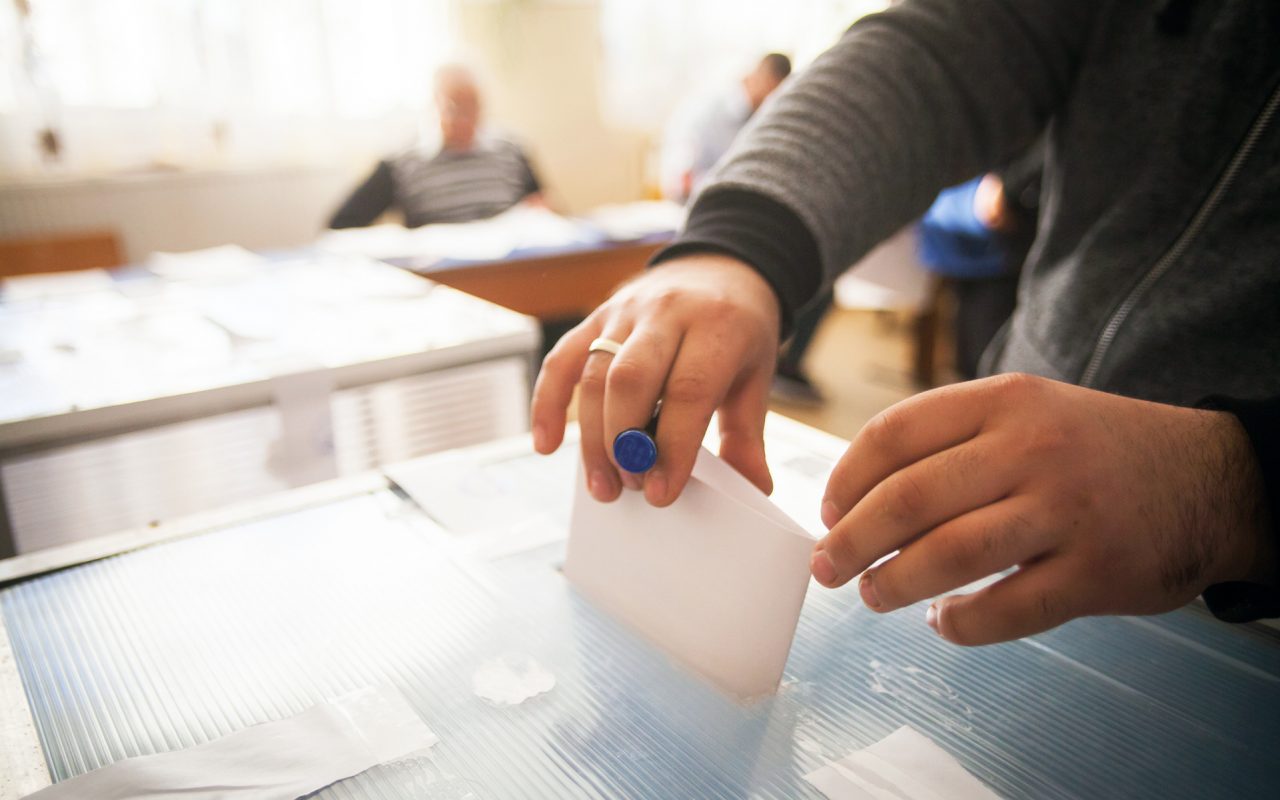New York
Voters in New York will have the chance to vote on a constitutional convention question on this year’s ballot. Voting yes would trigger a constitutional convention, which would allow changes to be proposed to the state Constitution. Voters would be then able to weigh in on those changes in a November 2019 election.
A constitutional convention could open the door for the statewide legalization of adult-use cannabis via a change to the state’s Constitution, although the likelihood of that change is less than certain, and the change wouldn’t take place for several years.
If voters were to approve the convention, the process would begin in 2018 with the election of more than 200 delegates, with three representing each of the state’s 63 Senate districts and an additional 15 individuals from anywhere in the state.
Citywide Measures
Detroit, Michigan
Voters in Wayne County will decide the fate of Proposal A and Proposal B, both of which would amend current medical marijuana laws.
Proposal A would change the Detroit City Code to require a dispensary to be at least 500 feet from another dispensary and a religious institution, down from the current requirement of 1,000 feet. Proposal A would also allow dispensaries near alcohol retailers, child care centers, arcades, and parks. Under Proposal A, dispensaries would be allowed to stay open until 9 p.m., extending the current required closing time by one hour.
Proposal B, meanwhile, would allow growers and secure transporters to establish and operate within Detroit’s industrial districts (zoned M1-5) and business districts (zoned B1-5).
Athens, Ohio
The Athens Cannabis Ordinance would reduce penalties for cannabis misdemeanors to a fine of $0, effectively “depenalizing” low-level cannabis possession, cultivation, and gifting. Marijuana misdemeanors affected would include:
Possession of up to 200 grams of marijuana and up to 10 grams of hash
Cultivation of up to 200 grams of marijuana
Gifts of up to 20 grams of marijuana
Possession and sale of paraphernalia
Gubernatorial Races
New Jersey Governor
New Jersey’s gubernatorial race will pick a replacement for current Republican Gov. Chris Christie, who’s lashed out against both medical and adult-use cannabis legalization—most recently in a report to the Trump administration.From a cannabis perspective, the stakes couldn’t be higher: While either candidates would likely be an improvement over Christie, Democratic nominee Phil Murphy, who currently leads the race, wants to legalize cannabis for adult-use. His opponent, Republican Kim Guadagno—currently Christie’s lieutenant governor—does not. She’s said she’s “wholly opposed to legalizing marijuana”—although she’s indicated support for limited decriminalization and some expansion of the state’s medical marijuana program.
Virginia Governor
Currently holding a narrow lead in the polls is Democratic nominee Ralph Northam, the state’s lieutenant governor, who has said he supports medical marijuana and would make a push for decriminalizing the drug if he’s elected. He’s called the state’s current enforcement and sentencing laws “costly and disproportionately harmful to communities of color.”
Northam’s opponent, Republican Ed Gillespie, is more sluggish about reform. He’s said he opposes decriminalization because it “sends the wrong signal” to young people, but he said he would support a three-strikes approach that would remove criminal charges for the first and second offenses. By then, he told a crowd in Richmond in September, “you really should know better.” On medical use, Gillespie is similarly half-committed: He’s said he supports “limited, tightly regulated” use of cannabis for some medical conditions.
credit:420intel.com













